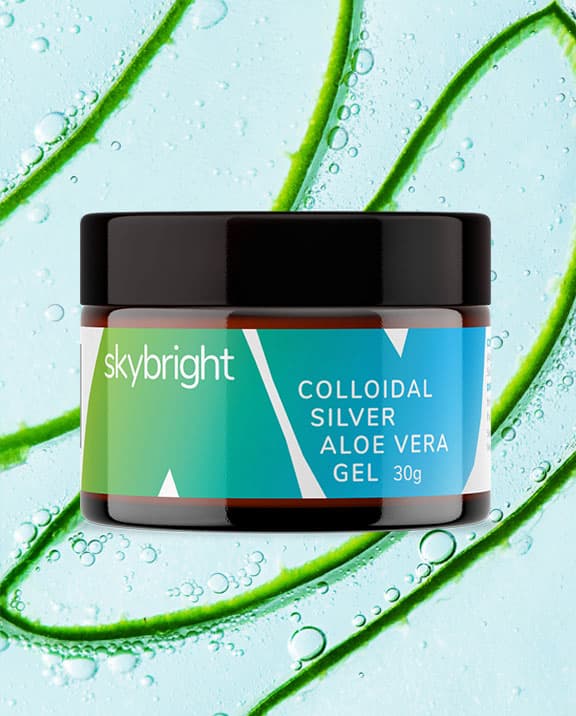
A to Zinc
Acne: Zinc is an important component for healthy skin, and in particular for sufferers of acne. It can control the production of oil in the skin and help balance some of the hormones that can lead to acne. Many skin disorders can be attributed to insufficient zinc.
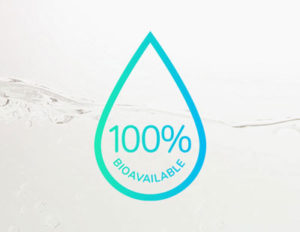
Bioavailability: The bioavailability of zinc from grains and plant foods is lower than that from animal- based foods such as lean red meat and poultry, although many grain and plant-based foods are still good sources of zinc.
Common Cold: Much research has been done around zinc and its capacity to combat the common cold. Although studies examining zinc treatment on cold symptoms has shown varied results over years, it appears to be beneficial under certain circumstances. The Cochrane Report concluded that taking it within 24 hours of developing symptoms and has been shown to reduce the severity and duration of cold symptoms in healthy people by up to a third. It does this by directly inhibiting the rhinovirus binding and replicating and suppressing inflammation.
Depression: Virtually every enzyme reaction in the brain involves zinc, and low levels have been linked to anxiety and depression.
Eyesight: Research has suggested that zinc and antioxidants may delay the progression of age- related macular degeneration and vision loss, possibly by preventing cellular damage in the retina.
Food sources: Lean red meat is an excellent dietary source, and it is also highly bioavailable, meaning your body can absorb it much more readily. Poultry, nuts, seeds, and lentils are other good sources. Green leafy vegetables and fruits contain modest amounts of zinc.
Grains: Wholegrain breads, cereals and other grains contain zinc, but these foods also contain phytates, which can bind zinc and therefore inhibit its absorption. While these plant-based options are good dietary sources, the bioavailability is often lower than animal-based products.
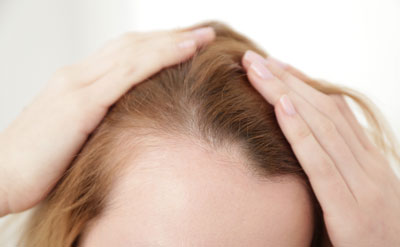
Hair loss: In severe cases zinc deficiency can cause hair loss and a dry flaky scalp.
Immune system: Zinc is needed for the proper functioning of the immune system, and enables protein synthesis and cell growth.
Job: Zinc is often seen as the gatekeeper for your immune system, to ward off bacterial and viral infections like the common cold.
Kids: Zinc supports normal growth and physical development during pregnancy, and this continues through childhood and adolescence.
Low zinc content in our soils: Plants, like our bodies, cannot make minerals. They instead extract them from the soil. Like many other mineral and trace elements, if they are lacking in the soil they will be lacking in the plants we eat or the animals that are grazing the fields and providing our much-need protein. If certain crops aren’t rotated, it can seriously deplete the soils of these minerals, leading to deficiencies in our diet.
Magnesium: Both zinc and magnesium help protect the brain and the eyes from excitotoxin additives that are common in foods today. In New Zealand, deficiency of both of these minerals is common due to soil depletion.
Nutrients: As well as being involved in hundreds of processes within the body, zinc helps us absorb and utilise nutrients from our food.
Oysters: Oysters contain more zinc per serving than any other food.

Pregnant women: Pregnant and breastfeeding mothers may require bigger intakes, as there are high foetal requirements for zinc, and lactation can also rapidly deplete mineral stores. For these reasons, the RDI for zinc is higher for pregnant and lactating women, and supplementation is often recommended.
Quote: “Just about all skin disorders improve if you build up your zinc stores.” Dr Robert Atkins
RDI (Recommended Daily Intakes): Common RDIs for zinc are as low as 5mg for a child, 7mg for a teenage girl, 13mg for a teenage boy. For adult woman it is 8mg, increasing to 12 mg when breastfeeding or pregnant, and 14mg for adult males.
Stress: There is evidence that zinc levels decrease following physical stress or injury. It is one of the few minerals lost in the urine following acute or chronic physical stress.
Taste test: There is a simple test you can take to measure your zinc status, which can often be provided by your local health shop. It involves taking a tiny amount of zinc sulphate, dissolving it in water and then tasting as little as a spoonful. This test works because zinc is required for your taste buds to function. If you notice a bitter, astringent taste you are not deficient. If this bitter taste is delayed by more than a few seconds, you need more zinc in your diet. If there is a much longer delay or if you don’t notice the bitterness or it tastes like water, you may have a deficiency and will need to restore your zinc levels.
Ultimate nutrient: Zinc is responsible for hundreds of processes within our brain and our body, and is one of the most important minerals for our health throughout our life. There are more roles in the body for zinc than any other nutrient.

Vegetarians: Vegetarians often require as much as 50% more of the RDI for zinc than non-vegetarians. Zinc can be sourced from whole-grain breads, cereals, nuts, seeds, beans and legumes, but these foods also contain phytates, which can bind zinc and therefore inhibit its absorption. While these plant-based options are good dietary sources, the bioavailability is often lower than animal- based products.
Vitamin C: With the help of vitamin C, zinc has been used in research into improving age-related macular degeneration (AMD). After an average follow-up period, supplementation with antioxidants plus zinc (but not antioxidants alone) significantly reduced the risk of developing advanced AMD and reduced visual acuity loss.
Wound healing: Zinc is critical for wound healing, whether it is a small cut, or helping the skin recover from surgical procedures. It also helps prevent scar formation.
EXcessive zinc: A over-large intake of zinc may result in side effects with symptoms ranging from mild to severe. Intake of 50 to 150 milligrams per day of supplemental zinc may cause minor intestinal distress occurring within three to 10 hours after ingestion. Single doses of 225 to 450 milligrams of zinc usually cause nausea and induce vomiting.
Yellow fungus growth on toenails: Many skin disorders are related to insufficient zinc, including abdominal stretchmarks after childbirth, split fingernails with white specks, as well as yellow toenails and/or fungus growth.
Zinc: There are more roles for zinc than any other nutrient. It is one of the most important elements for our health yet one of the most deficient in our diet, especially here in New Zealand. This is due to the quality of our soils and the impact of the foods we eat, and the water we drink.
-
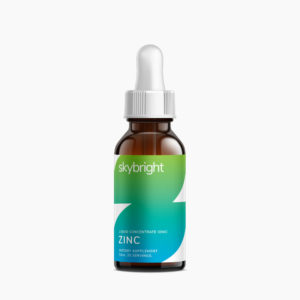 Zinc Liquid Mineral$27.90
Zinc Liquid Mineral$27.90 -
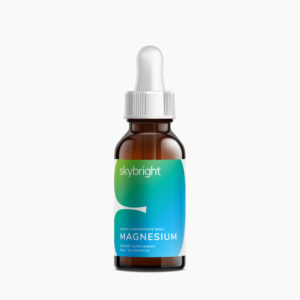 Magnesium Liquid Mineral$27.90
Magnesium Liquid Mineral$27.90
Disclaimer:
The information in this article is not intended as a medical prescription for any disease or illness. Nothing stated here should be considered medical advice. Use as directed. If symptoms persist, consult your healthcare professional.

